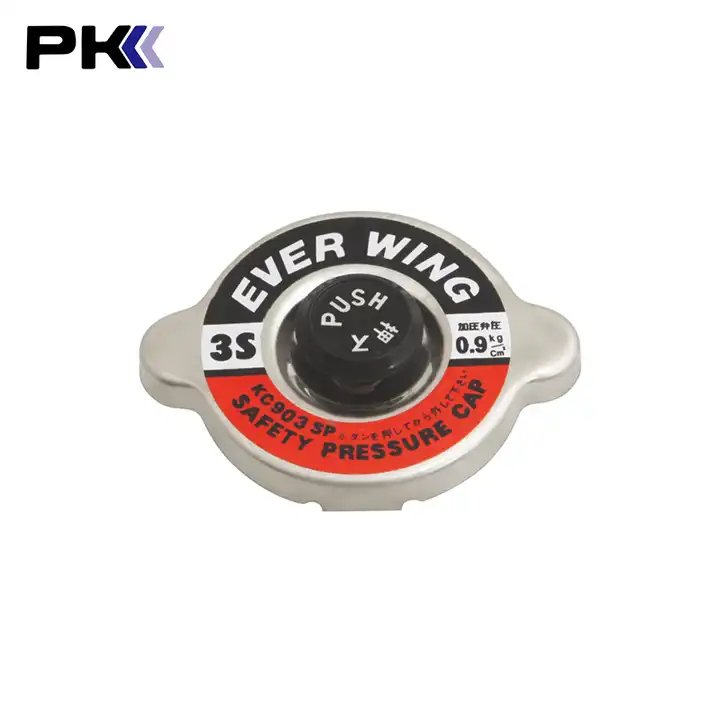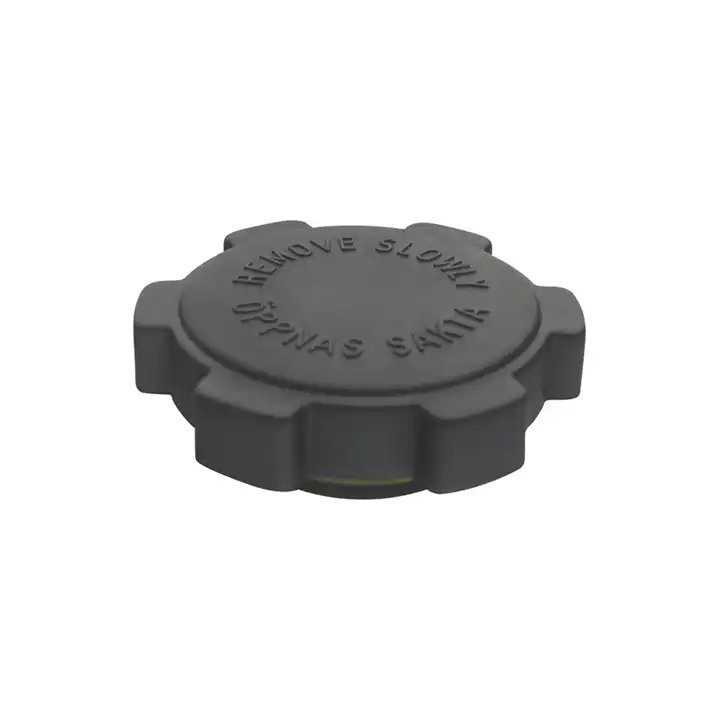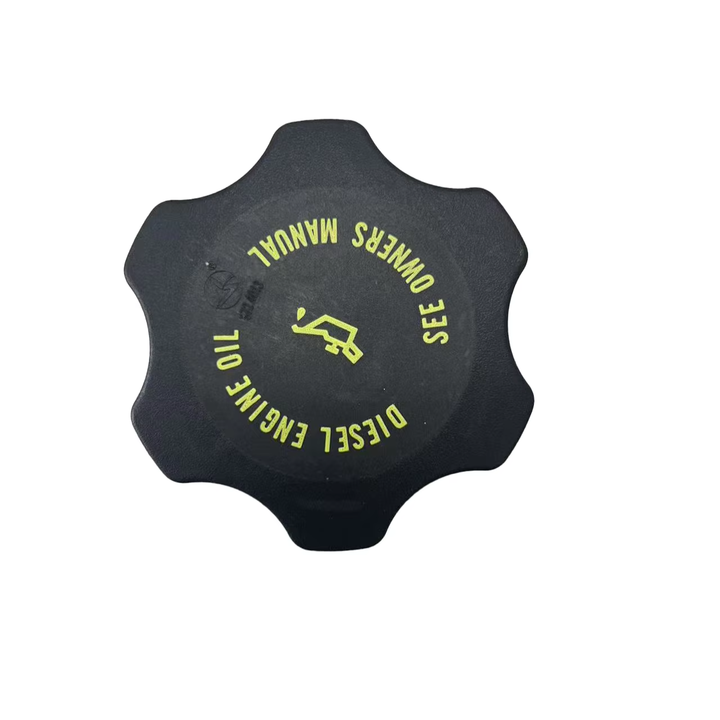Best Quality Radiator Cover for Toyota and Nissan: A Comprehensive Guide
The radiator cover may seem like a small and inconspicuous part of your vehicle, but it plays a crucial role in ensuring your engine operates smoothly. For both Toyota and Nissan owners, understanding the importance of a high-quality radiator cover can help extend the life of the engine and cooling system. In this guide, we’ll discuss what makes a radiator cover good quality and how to choose the right one for your vehicle.
| Toyota – Europe | 4-Runner | 1993-1995 |
| Toyota – Europe | Rav 4 Mk1 | 1994-2000 |
| Nissan – Europe | CHERRY | 1971-1979 |
| Nissan – Europe | Micra | 2006-2007 |
Why is the Radiator Cover So Important?
The radiator cover serves several key functions in your vehicle’s cooling system. It is designed to maintain the proper pressure inside the radiator, control the flow of coolant, and protect the entire cooling system from potential leaks and overheating.
Key Functions of the Radiator Cover:
- Pressure Regulation: The radiator cover ensures that the cooling system operates at the correct pressure, preventing the coolant from boiling over or evaporating.
- Temperature Control: By regulating pressure and coolant flow, it helps maintain optimal engine temperatures, preventing overheating.
- Leak Prevention: A high-quality radiator cover prevents leaks in the system, which could otherwise lead to engine damage.
What Makes a Radiator Cover High Quality?
1. Material Quality
The material used for the radiator cover is one of the most important factors when determining its quality. Radiator covers need to withstand high temperatures, pressure changes, and exposure to potentially corrosive coolant. The two main materials used are:
- Metal: Metal radiator covers, often made from aluminum or stainless steel, offer excellent heat resistance and long-lasting durability. These materials are ideal for harsh driving conditions and help ensure that the cooling system performs optimally over time.
- High-Strength Plastic: While plastic radiator covers are lightweight and cost-effective, they must be of high quality to withstand the same pressures and temperature fluctuations as metal covers. High-strength plastic, designed for automotive applications, can be a great option if you are looking for something more affordable without compromising too much on performance.
2. Sealing and Pressure Control
The radiator cover must have the ability to create an effective seal to maintain the correct pressure inside the cooling system. Without this, the coolant may boil or evaporate too quickly, leading to engine overheating. The quality of the rubber seal and the cover’s pressure tolerance are crucial aspects to look for. A high-quality radiator cover will have a reliable seal that can endure repeated thermal cycles without breaking down.
3. Fit and Compatibility
No matter how high the quality of a radiator cover, it’s important that it fits your Toyota or Nissan model perfectly. An ill-fitting cover can cause leaks, reduce the efficiency of the cooling system, or even allow debris to get into the engine. When shopping for a radiator cover, make sure to verify that it is designed for your specific model and year.
The cover should also be easy to install. Many high-quality radiator covers are designed for a quick and easy fit, reducing the need for professional installation. However, always double-check the product specifications to ensure it matches your vehicle’s requirements.
4. Pressure Rating
Every vehicle’s cooling system operates at different pressures, which means radiator covers are often designed with varying pressure tolerances. Choosing a radiator cover with the correct pressure rating is critical. Too low a rating could result in failure under heat and pressure, while too high could restrict coolant flow, leading to other issues.
For Toyota and Nissan vehicles, it’s essential to ensure the radiator cover you choose meets the OEM (Original Equipment Manufacturer) standards for pressure tolerance, as specified in the vehicle’s manual.
5. Durability
The radiator cover must withstand extreme temperatures and physical wear, which is why choosing a durable cover is key. Look for a cover that can handle the stresses of frequent engine heating and cooling cycles without warping, cracking, or deteriorating over time. Quality materials and precision manufacturing processes are essential for ensuring long-term reliability.
6. Easy Maintenance
While radiator covers are relatively low-maintenance components, it’s important to choose one that is easy to clean and inspect. A cover that’s easy to remove and reinstall will make routine checks of the cooling system more convenient, helping to identify potential issues before they become major problems.
Conclusion
Choosing the best quality radiator cover for your Toyota or Nissan is essential for maintaining the efficiency and longevity of your vehicle’s engine and cooling system. Focus on factors like material quality, sealing and pressure control, fit and compatibility, pressure rating, durability, and ease of maintenance to ensure that the radiator cover you select will perform at its best.
By understanding these important qualities, you’ll be well-equipped to choose a radiator cover that will keep your engine running smoothly, whether you’re driving in city traffic or taking a long road trip. A reliable radiator cover will not only protect your engine from overheating but will also contribute to the overall health of your vehicle for years to come.







